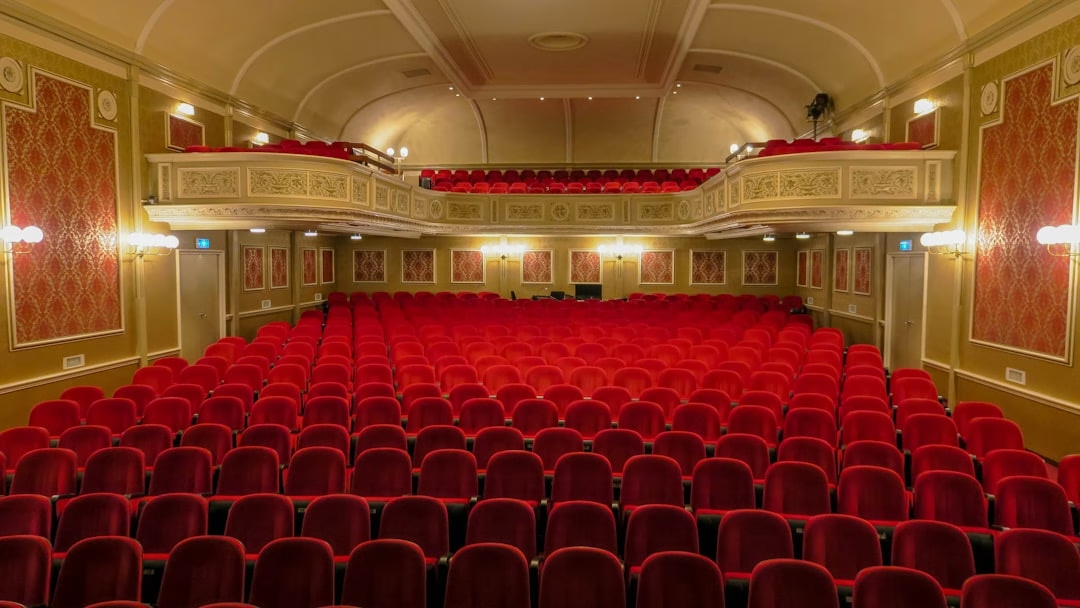The Role of a Director on a Film Set
Working on a film set is the culmination of weeks, months, perhaps even years of planning and preparatory work. A plethora of professionals, each with a specific job, come together to create the magic we see on screen. At the heart of it all, navigating this complex ensemble, is the film director. What role then does the director play on a film set? Let’s take a deeper look and explore how this pivotal figure shapes the way we experience cinema.
Visualizing The Script
The role of a director begins long before the first scene is shot. The director’s job starts with reading and understanding the script and visualizing it on the screen. The director collaborates with screenwriters and contributes valuable input that shapes the blueprint of the movie.
Guiding the Cast and crew
Once the production starts, the director works with each department, including camera, sound, production design, costumes, etc., integrating them into the singular vision of the movie. The director translates the script into actual images and sounds, thereby guiding the cast and crew to breathe life into the characters and story.
Pivoting in Post-Production
The onset activity is only half the battle. In the post-production phase, a director works with the editing team to fine-tune the narrative structure, pacing, and overall mood of the film. This is where the raw material captured during shooting turns into a full-fledged cinematic experience.
Main Responsibilities of a Film Director
- Interpreting the script: The director brings the script to life by conceptualizing the visual representation of each scene.
- Determining the cast: The director plays a significant role in casting, ensuring each actor fits the character they’re representing.
- Directing actors: The director guides the actors to portray their roles effectively and according to the envisioned narrative.
- Coordinating with technical departments: The director works in close coordination with cinematographers, sound designers and art directors to ensure the film’s overall aesthetic is continuously maintained.
- Editing and fine-tuning: In conjunction with the editing team, the director selects shots and decides the film’s final cut.
From ideation to the final product, the director is key to transforming a written script into a cinematic experience. Through vision, leadership, and creative intuition, directors enhance the narrative, thereby making it more immersive and engaging for the audience.
Conclusion
Being a director requires a careful balance of storytelling expertise, leadership skills and technical knowledge. The role is vast and multifaceted, and its successful execution often results in an unforgettable cinematic masterpiece.
